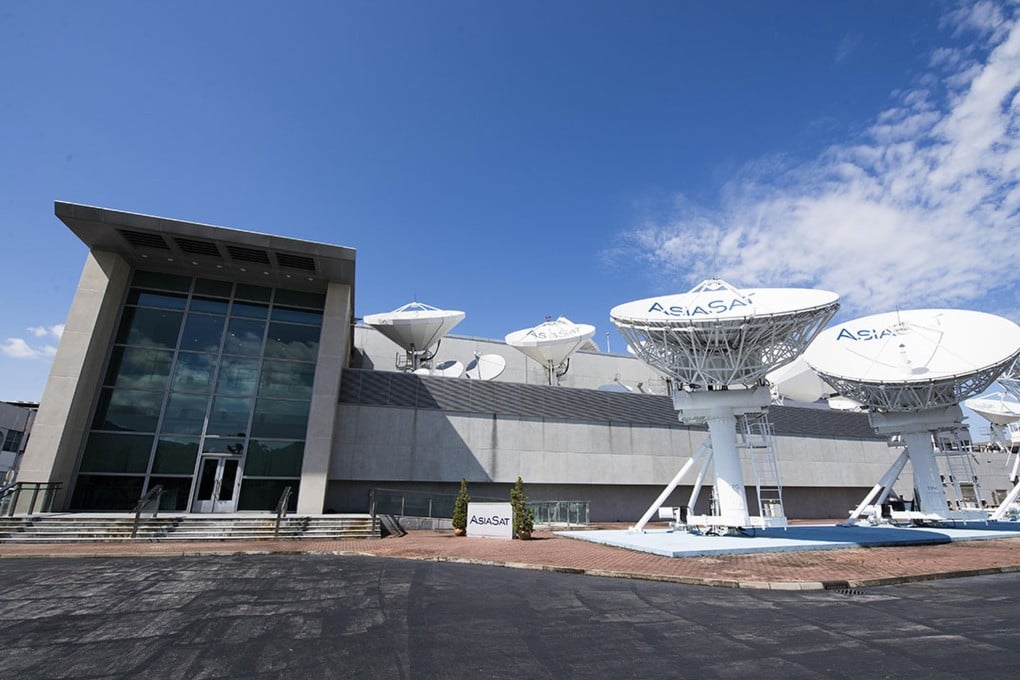New World-backed tech venture Turbidite enters pact with AsiaSat to expand data centre services in Hong Kong
- Turbidite and AsiaSat will provide data centre hosting and connectivity services at the Tai Po Earth Station in the New Territories from next year
- The two companies expect their new initiative to help boost Hong Kong’s role as a strategic regional data hub in Asia

The two companies on Wednesday announced that they will provide hosting services, alongside satellite and ground-based network connectivity, from AsiaSat’s Tai Po Earth Station, located at the Tai Po Industrial Estate in the New Territories. AsiaSat, which operates a fleet of five in-orbit satellites, has 19 satellite antennas at its earth station.
“This partnership broadens our edge data centre solutions, enabling us to deliver prime space for access by our OTT/TMT customers globally,” Turbidite co-founder and chief executive Bill Barney told the South China Morning Post, referring to over-the-top online content providers as well as technology, media and telecommunications companies.
Hosting services from AsiaSat’s earth station “will be ready next year”, said Barney, who did not provide investment details. “Together with AsiaSat, we are able to further empower customers to transform into digital-ready organisations with secure access, flexible transport and bandwidth options, and real-time deployment.”

Data centres are secure, temperature-controlled facilities built to house large-capacity servers and data storage systems, backed by multiple power sources and high-bandwidth internet connections. These facilities are largely used to host cloud computing operations. Cloud services enable companies to buy, lease or sell software and other digital resources online, just like electricity from a power grid.